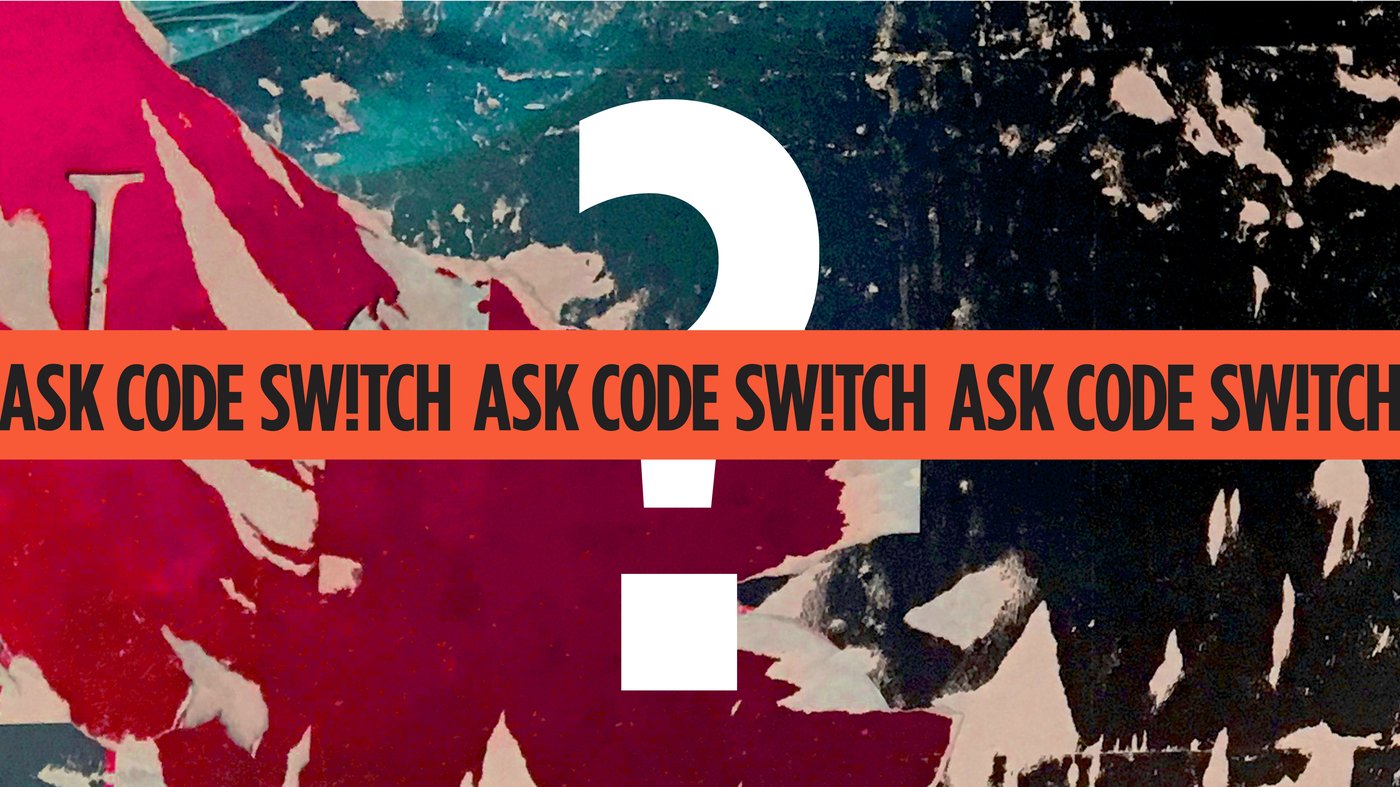

I don’t remember when spicy food became part of my personality. What I do know is that Flamin’ Hot Cheetos fill a significant portion of my suitcase on trips to see my family in Mexico and Ecuador (where such Frito-Lay delicacies have yet to take over store shelves).
And, as any good spice head knows, not all hot sauce is created equal – which is why I carry packets of Tapatio in my purse for those emergencies when you ask for hot sauce and your waiter says, “we have Tabasco.”
So when we got a question about food preferences from a listener in Washington D.C., it really caught my attention. When it comes to taste, our listener wants to know – are we born with particular food preferences? Or, are even our taste buds shaped by race and class?
Hi, Code Switch!
My name is Anton Allequin, calling from Washington, D.C.
I grew up in Hershey, Pennsylvania – a predominantly white town. My parents immigrated from the Philippines and, being in a predominantly white area, one of the only ways that we could stay connected with our Filipino culture was food.
Growing up, I felt very insecure about my food preferences versus my white friends’ food preferences. And I think I started developing an understanding or perception that food preferences were stratified based on race.
When I moved to a city that was more diverse, I started seeing that that wasn’t necessarily always the case. And so I wanted to know more about the historical context and the social context behind food preferences.
How do race and class affect food preference and what makes a picky eater versus a non-picky eater?
So I asked British food journalist and author Bee Wilson to help us unpack Anton’s question. In her book First Bite: How We Learn to Eat, Bee contributed her own research to the study of taste.
It’s pretty widely accepted that taste is strongly influenced by genetics, environment, and experiences. And while taste studies don’t often focus on race or economic status, research has found demographic characteristics like ethnicity, household income, even gender to be significantly associated with picky eating.
But Bee’s research also presents another, possibly more significant influence on taste – memory.
Listen now on the Code Switch feed on Apple, Spotify, Amazon Music, or wherever you get your podcasts!
Do you have a question for Lori and the Code Switch team? Send us your questions on Instagram @nprcodeswitch. Or, email us at codeswitch@npr.org – subject line, Ask Code Switch.
This episode was hosted and written by Lori Lizarraga. It was produced by Schuyler Swenson. It was edited by Leah Donnella. Our fact check was done by Ayda Pourasad. Our engineer was James Willets. Our project manager was Lauren Gonzalez. Our EP is Veralyn Williams. Special thanks to Cher Vincent, Yolanda Sangweni, and the content development team for making this series a reality.

Felecia Phillips Ollie DD (h.c.) is the inspiring leader and founder of The Equality Network LLC (TEN). With a background in coaching, travel, and a career in news, Felecia brings a unique perspective to promoting diversity and inclusion. Holding a Bachelor’s Degree in English/Communications, she is passionate about creating a more inclusive future. From graduating from Mississippi Valley State University to leading initiatives like the Washington State Department of Ecology’s Equal Employment Opportunity Program, Felecia is dedicated to making a positive impact. Join her journey on our blog as she shares insights and leads the charge for equity through The Equality Network.




